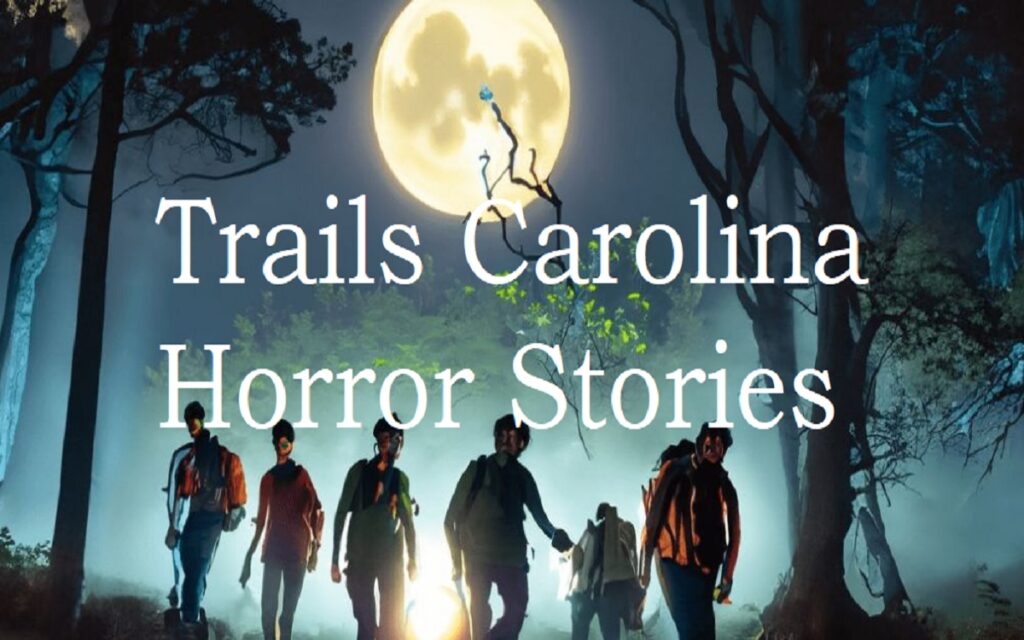Introduction
Trails Carolina, a wilderness therapy program for troubled teenagers, has been a beacon of hope for many families dealing with adolescent behavioral issues. Over the years, it has gained a reputation for providing therapeutic interventions in a natural, outdoor setting. However, like any program, Trails Carolina has had its share of controversies and criticisms. In this article, we will delve into some of the darker stories and allegations surrounding Trails Carolina, aiming to provide a balanced perspective on its operations and impact.

The Promise of Wilderness Therapy
Wilderness therapy programs like Trails Carolina are designed to help troubled teens by taking them out of their familiar environments and immersing them in the wilderness. The idea is that this immersion can help break destructive patterns, build resilience, and foster personal growth. Many families turn to Trails Carolina as a last resort when traditional therapeutic approaches have failed.
However, not all experiences with the program have been positive. Some former participants and their families have shared troubling stories that raise questions about the ethics and efficacy of Trails Carolina’s methods.
must read=Unblocked Games the Advanced Method
- Allegations of Abuse
One recurring theme in some former participants’ accounts is the alleged mistreatment by staff members. These allegations range from verbal abuse and humiliation to more serious claims of physical abuse. While it’s essential to remember that not all participants share these experiences, the fact that such allegations exist is concerning.
- Lack of Oversight
Another issue raised in Trails Carolina horror stories is the lack of oversight and regulation in the wilderness therapy industry. Unlike traditional therapeutic programs, wilderness therapy programs operate in relatively unregulated spaces. This lack of oversight can make it challenging to hold programs like Trails Carolina accountable for their actions.

- Limited Research on Efficacy
Critics of wilderness therapy programs argue that there is limited scientific evidence supporting their long-term efficacy. While some participants do report positive outcomes, the lack of rigorous research on these programs raises questions about their overall effectiveness in treating troubled teens.
- Financial Concerns
Trails Carolina is a private program, and the cost of enrollment can be prohibitive for many families. This raises concerns about equity in access to treatment for troubled teenagers. Some critics argue that wilderness therapy programs like Trails Carolina primarily cater to affluent families while leaving others with fewer options.
- Mixed Testimonials
It’s important to note that not all stories about Trails Carolina are negative. Many participants and their families have reported positive experiences and outcomes. Some individuals credit the program with helping them overcome challenging issues and develop essential life skills.

Conclusion
Trails Carolina, like many wilderness therapy programs, occupies a complex and controversial space in the field of adolescent treatment. While some participants and their families have reported positive outcomes, others have shared disturbing stories of alleged mistreatment and questionable practices. The lack of regulation and limited scientific research in the wilderness therapy industry compounds the challenges in assessing the overall efficacy and ethics of programs like Trails Carolina.
Ultimately, the decision to enroll a troubled teenager in a wilderness therapy program should be made after careful consideration, research, and consultation with mental health professionals. Families must weigh the potential benefits against the risks and ensure that they choose a program that aligns with their values and goals for their child’s well-being.
